The essays in the three-volume series, Explaining Indian Democracy: A Fifty-year Perspective, 1956-2006, span over five decades of the Rudolphs’ scholarship on Indian politics. The first published essay analyses the results of one of the first random sample surveys done in India. The last argues for methodological pluralism and ‘situated knowledge’ in American political science as against the universal methodological and knowledge claims of rational choice. The essays in The Realm of ideas: inquiry and theory, like those in its companion volumes, the realm of institutions: state formation and institutional change and the realm of the public sphere: identity and policy, contextualize and assess the democratic experience in India. The chapters in the Realm of ideas, the first of the three volumes, explore how modes of inquiry, kinds of knowledge, construction of categories, and historical context shape political analysis and explanation. They also critique key concepts such as political culture, modernization, civil society, and orientalism and apply them to questions of social change. This volume will appeal to not only students and researchers of politics, history, and sociology, but also to the interested reader who wants to understand why and how democracy has succeeded against the odds in India.
Romanticism’s Child: An Intellectual History of James Tod’s Influence on Indian History and Historiography
The fascination of Colonel ...
$31.28
$34.75

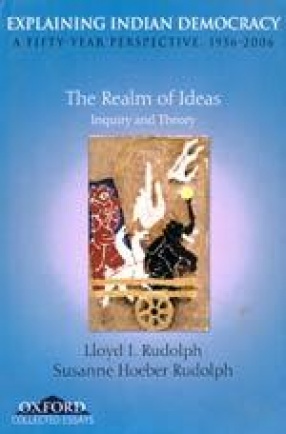
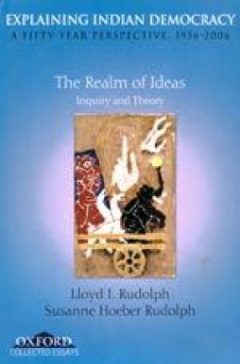

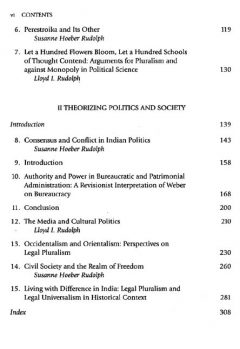
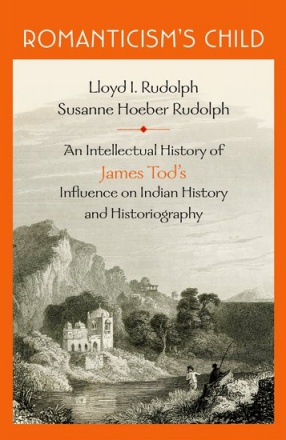
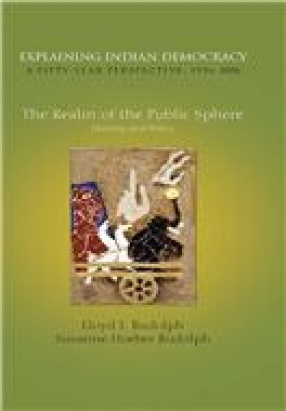
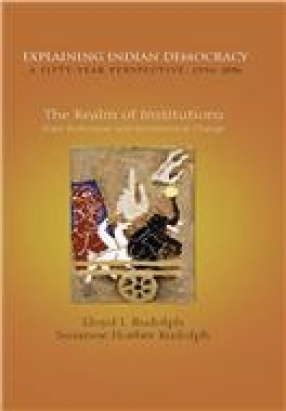
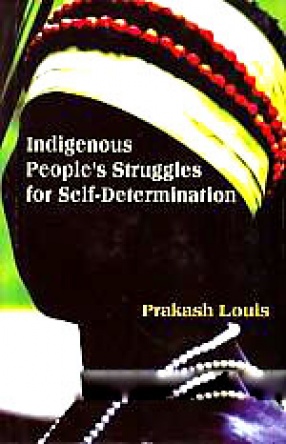
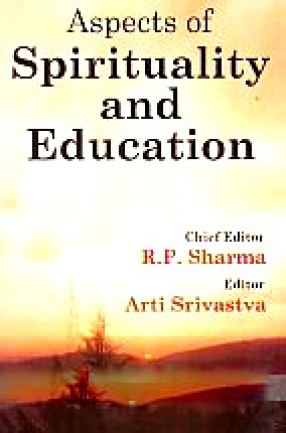

There are no reviews yet.